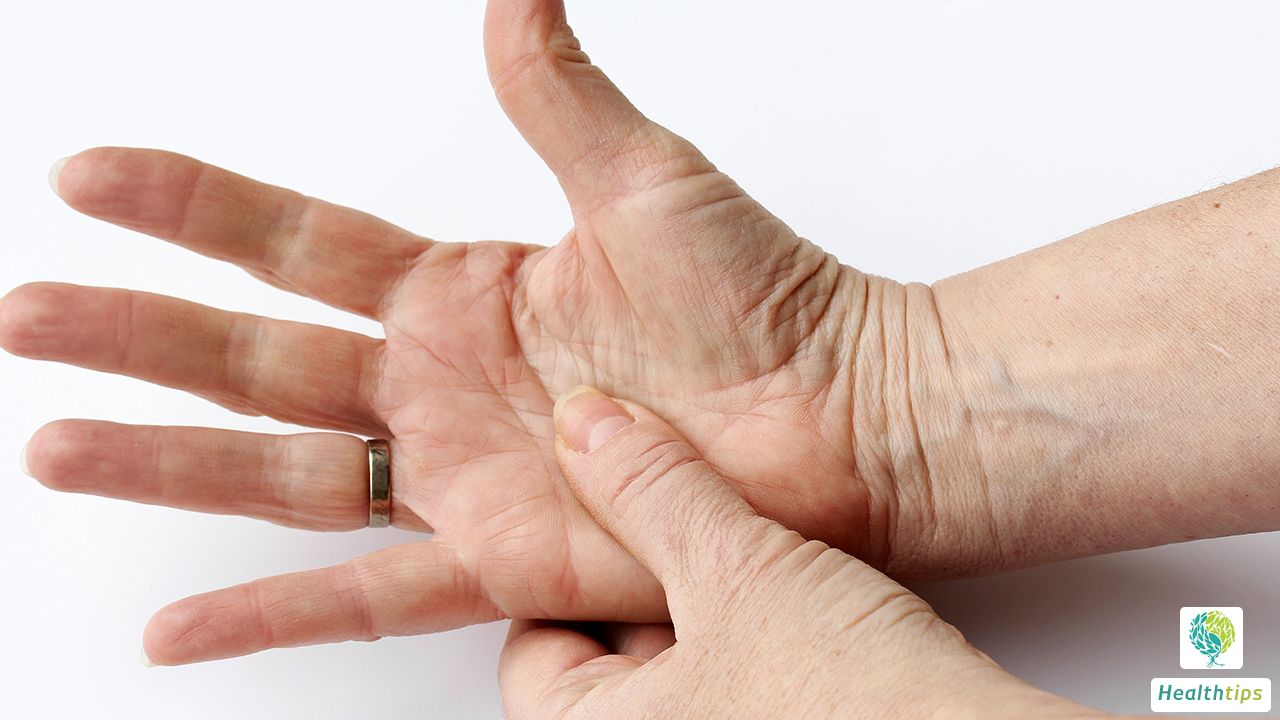Be vigilant of cerebral thrombosis when experiencing symptoms such as weakness in one limb, deviation of the mouth corner, coughing while drinking water, etc.

1. Transient limb weakness: If you suddenly feel weakness in one limb, such as hemiplegia on one side, but recover normal within a few minutes, it may be an early sign of cerebral thrombosis. Although the symptoms are brief, they indicate that blood supply in the brain may have been disturbed.
2. Peripheral deviation of the mouth corner: When you notice that your or someone else's mouth corner suddenly deviates, especially peripheral deviation, it is also a signal that needs attention. Deviation of the mouth corner is usually due to facial nerves being affected, potentially caused by cerebral thrombosis.
3. Numbness in one limb: If one limb suddenly becomes numb, especially without an obvious cause, it is also a common manifestation of cerebral thrombosis. The numbness may affect one side of the arm, leg, or even face.
4. Coughing while drinking water: Suddenly coughing while drinking water, especially when swallowing function has been good previously, is also a symptom that requires vigilance. Cerebral thrombosis may affect the nerves controlling swallowing, leading to coughing.
5. Stuttering and lisping: If you suddenly start stuttering or lisping, or find that others cannot understand you when you speak, it may also be a symptom of cerebral thrombosis. Sudden changes in language function are often related to blood supply issues in the brain.
6. Dizziness and unstable walking: Young women may sometimes mistake it for vertigo, but if symptoms such as spinning sensations, unstable walking, and easy falls occur, the possibility of cerebral thrombosis should also be considered. These symptoms may indicate that the brain's balance center has been affected.
7. Vision problems: Sudden blurred vision, visual field defects, or double vision are also warning signs of cerebral thrombosis. Vision problems may be due to interference with blood supply to the brain's visual center.
8. Headache: Although headache is a common symptom, if you suddenly experience severe headache, especially accompanied by other aforementioned symptoms, be highly vigilant of cerebral thrombosis.
9. Cognitive impairment: Sudden memory loss, inattention, or decreased cognitive ability may also be manifestations of cerebral thrombosis. These symptoms indicate that certain areas of the brain may have been affected.
10. Fatigue and weakness: If you suddenly feel extremely fatigued or weak, especially without an obvious cause, you should also be vigilant of cerebral thrombosis. These symptoms may indicate that blood supply to the brain has begun to be affected.
By observing these symptoms, the potential risk of cerebral thrombosis can be identified earlier. If you notice these symptoms in yourself or others, it is recommended to seek medical attention promptly for detailed examination to take timely measures and prevent further deterioration of the condition. Remember, early detection and timely treatment are key to preventing serious consequences of cerebral thrombosis.




















